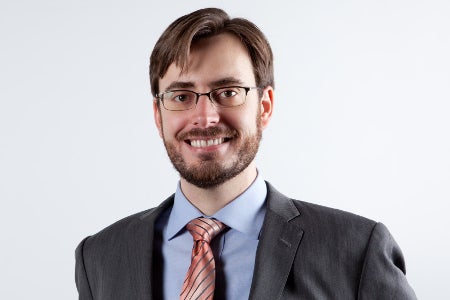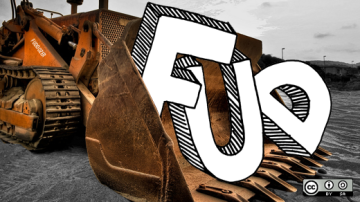
| Follow @copiesofcopies
Brooklyn, NY
Aaron Williamson is an attorney at Tor Ekeland, P.C., where he counsels software companies, startups, and other technology-focused clients on business transactions, intellectual property issues, regulatory compliance, and related matters. Previously, he worked as in-house counsel at IEEE and as a staff attorney at the Software Freedom Law Center, where he advised community free and open source software projects.


Authored Comments
Hi Mark. I am also a programmer, JD, and thoroughly familiar with the GPL. My article doesn't discuss fair use at all, so I have to disagree that I have confused fair use and copyright issues anywhere. As for Richard's notions about IP, I'm not sure that it makes sense to call them "right" or "wrong." Richard's concern is the right of individuals to be free from the coercion and control of others. He views IP (a term he would quarrel with, but we'll leave that aside) as a mechanism for such control, and so he seeks to limit its sway, at least over the software he has influence over.
That's an excellent question, and would be an issue with most software licenses. However, recipients of GPL-licensed software receive a license directly from the authors -- they do not receive a sublicense from the party that distributed the software to them. Thus, they don't necessarily lose their rights simply because the intermediary is in violation of the license. This is made explicit in Section 4 of GPLv2:
"You may not copy, modify, sublicense, or distribute the Program except as expressly provided under this License. Any attempt otherwise to copy, modify, sublicense or distribute the Program is void, and will automatically terminate your rights under this License. **However, parties who have received copies, or rights, from you under this License will not have their licenses terminated so long as such parties remain in full compliance.**"